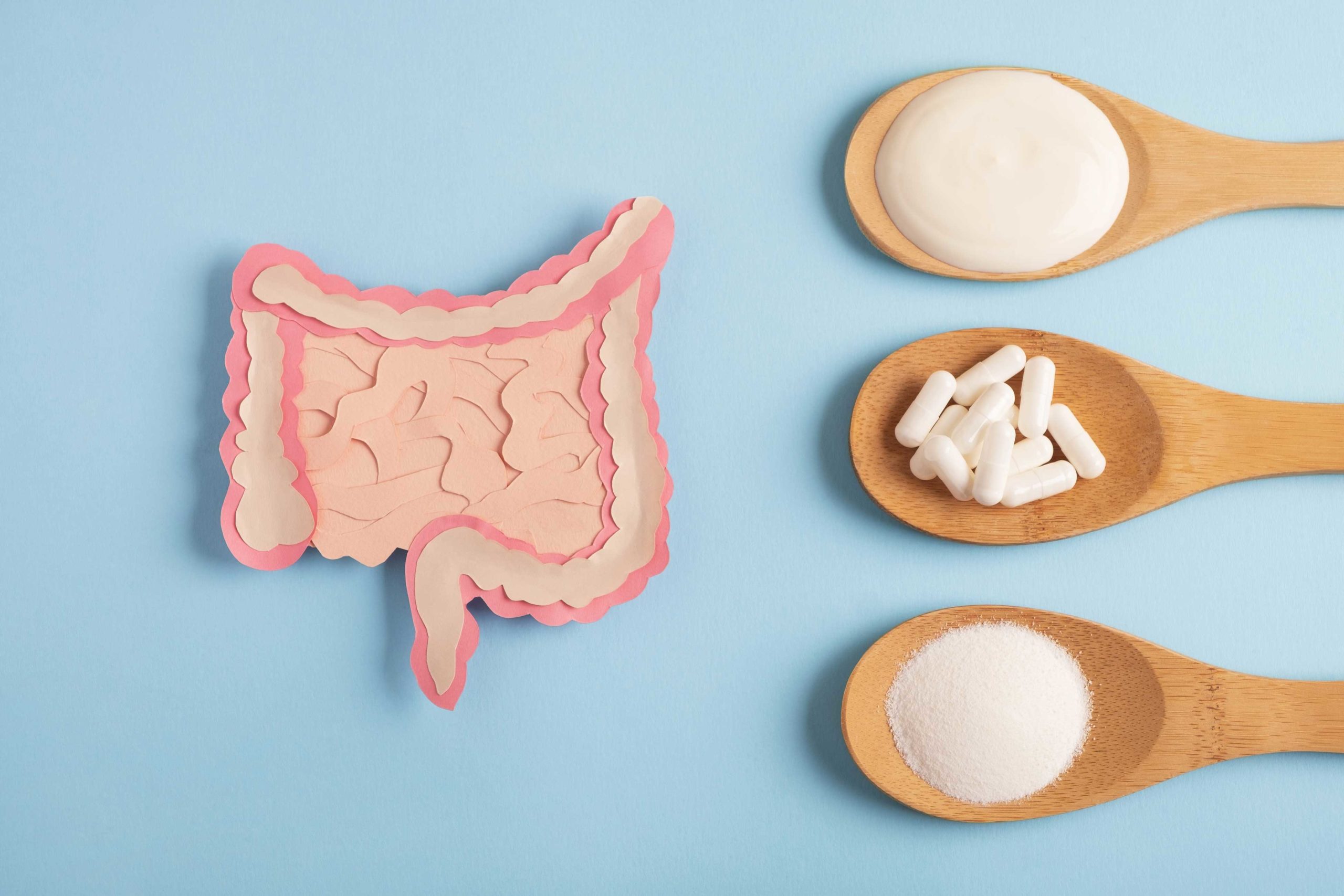What is the Gut Microbiome?

“The microbiome is a fancy term for bacteria that live in our gut,” said Dr. Michelle Pearlman, a board-certified gastroenterologist and obesity medicine specialist with the University of Miami Health System. “It contains billions and billions of bacteria that start from infancy, from the moment we’re born. Day to day, the human microbiota — or the types of bacteria in our gut — can change drastically based on internal factors and the external environment.”
Harmful bacteria can cause everything from diarrhea and gassiness to colon inflammation, obesity, mood fluctuations and depression, immune disorders, and even death. Popular brands of yogurt and kombucha claim to have the immune-boosting and bowel-regulating properties of the “good bacteria” in their products.
Can your digestive tract be responsible for your health and well-being?
“Any changes to your gut bacteria can play a role in common gastrointestinal symptoms,” said Dr. Pearlman, who specializes in food intolerances and inflammatory diseases of the gut. “Your dietary choices can greatly alter your microbiome.”
For example, eating highly processed foods and beverages rich in sugar, additives, and artificial ingredients can also contribute to a microbial imbalance in your gut (known as dysbiosis). Dr. Pearlman says “dysbiosis can lead to chronic, low-grade inflammation.” Eating animal products raised with antibiotics can also lead to this condition.
How can I fight off microbial imbalance in my gut?
Regularly consuming fermented foods and drinks (like sauerkraut, yogurt, kimchi, tempeh, kombucha, and kefir) “can replenish the gut with more favorable bacteria,” Dr. Pearlman said. “These products contain live microorganisms called probiotics that have been shown to have health benefits in humans. Greek yogurt alone can contain anywhere from six to 12 probiotic strains depending on the yogurt.”
Probiotics can also be particularly helpful after you’ve taken antibiotics. These medications kill the dangerous bacteria that caused your infection, however they also reduce the body’s healthy bacteria. This reduction may trigger an overgrowth of harmful bacteria, which could require another round of antibiotic treatment. The cycle of using antibiotics to treat recurring bacterial infections can lead to your body developing a resistance to them and possibly even life-threatening diseases.
How do you protect your gut microbiome?
To improve your gut health, Dr. Pearlman recommends a few behavioral and dietary changes.
- eat a high-fiber diet
- increase your intake of probiotic-rich foods that provide more nutrition than probiotic capsules
- limit your consumption of artificial sweeteners, sugar, and highly processed foods
- limit your exposure to antibiotics (through medication and animal products you eat)
- get regular physical activity
Dana Kantrowitz is a contributing writer for UMiami Health News.
Tags: Dr. Michelle Pearlman, gastroenterology, gut bacteria, microbiome
